The concept of using local dogs instead of imported breeds could be implemented in any rural farming communities the world over. Local landrace dogs are usually hardier, generally more adept at avoiding local dangers, such as snakes, and more resilient to local diseases and parasites and therefore usually live longer lives. This combination means that not only are landrace dogs (if present in an area) more readily available but they are also an affordable and effective choice of livestock guarding dog as they tend to be a cheaper alternative to imported purebreds. For many years, CCB has been promoting landrace dogs as alternatives, yet some farmers were still reluctant to try this technique. With a glutton of data to now show how positive an impact they can have on farms, with minimal financial outlay, these brave little dogs are now getting the recognition that they deserve. They say that every dog has its day, and for the understated Tswana dogs, today is definitely their day.
|
For over a decade, CCB has been championing local, Tswana landrace dogs as livestock guarding dogs (LGDs) in Botswana. After ten years of intensive studying, we have produced two scientific papers that show just how effective these tenacious little pups are at protecting livestock herds and reducing human-wildlife conflict. Data from our first study of 200 LGDs being used in Botswana showed that Tswana LGDs were cheaper and better behaved than their purebred counterparts and could save a farmer on average $1,300 every year in the livestock losses they prevented. Data from the 81 Tswana LGDs placed by CCB’s placement programme since 2013 was even more impressive. Farmers that received LGDs from us experienced at least an 85% reduction in livestock losses. Furthermore, these LGDs helped to improve the attitudes of farmers towards carnivores like cheetahs within only a year of the LGDs being placed on their farms. With retaliatory killings of cheetahs by disgruntled livestock farmers being one of the biggest threats to their survival in southern Africa, this data has huge ramifications for cheetahs and other large carnivores’ conservation in the region, and beyond. The concept of using local dogs instead of imported breeds could be implemented in any rural farming communities the world over. Local landrace dogs are usually hardier, generally more adept at avoiding local dangers, such as snakes, and more resilient to local diseases and parasites and therefore usually live longer lives. This combination means that not only are landrace dogs (if present in an area) more readily available but they are also an affordable and effective choice of livestock guarding dog as they tend to be a cheaper alternative to imported purebreds. For many years, CCB has been promoting landrace dogs as alternatives, yet some farmers were still reluctant to try this technique. With a glutton of data to now show how positive an impact they can have on farms, with minimal financial outlay, these brave little dogs are now getting the recognition that they deserve. They say that every dog has its day, and for the understated Tswana dogs, today is definitely their day.
0 Comments
Leave a Reply. |
SearchArchives
May 2024
Categories |

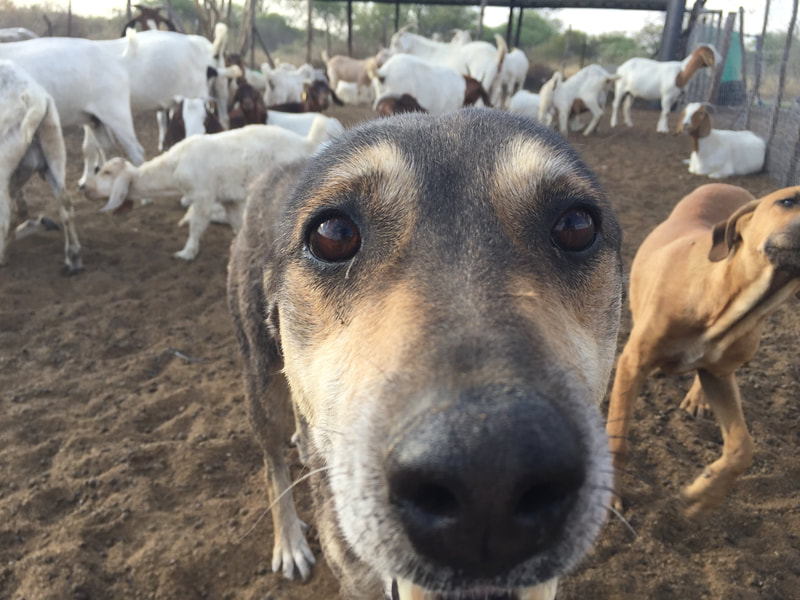
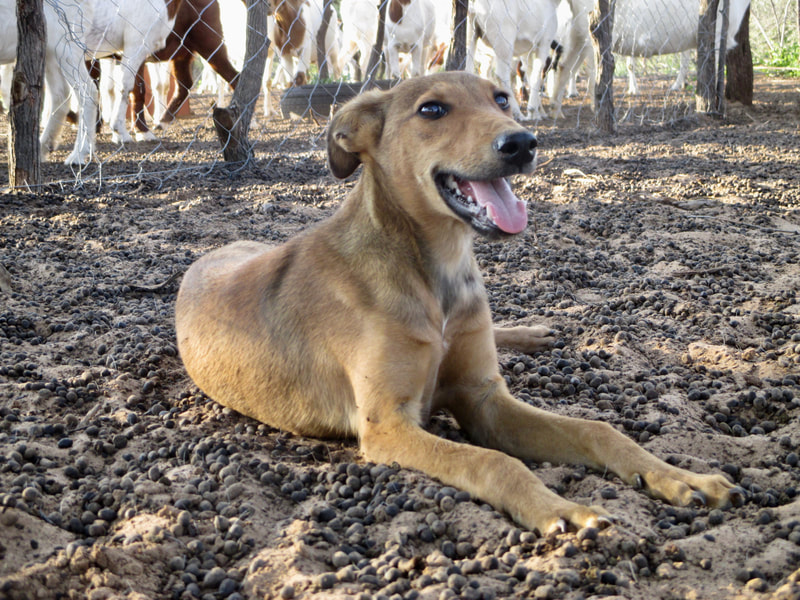
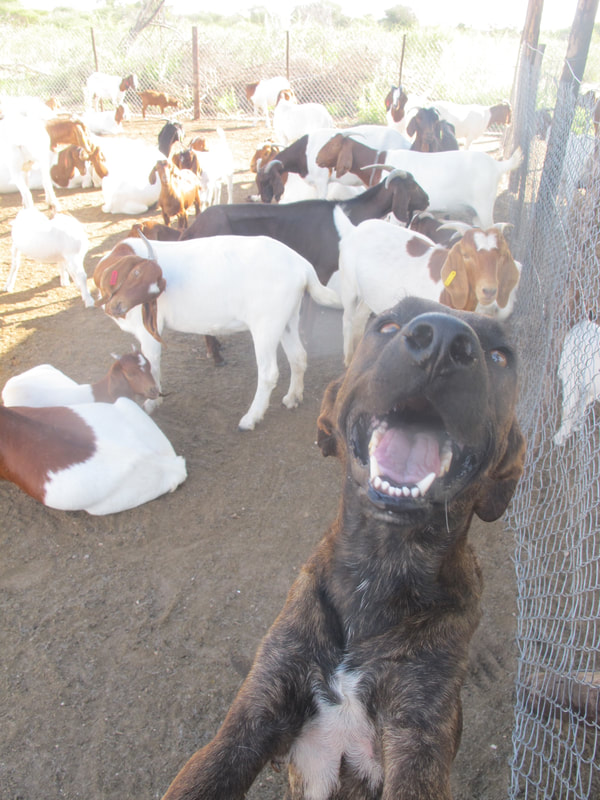
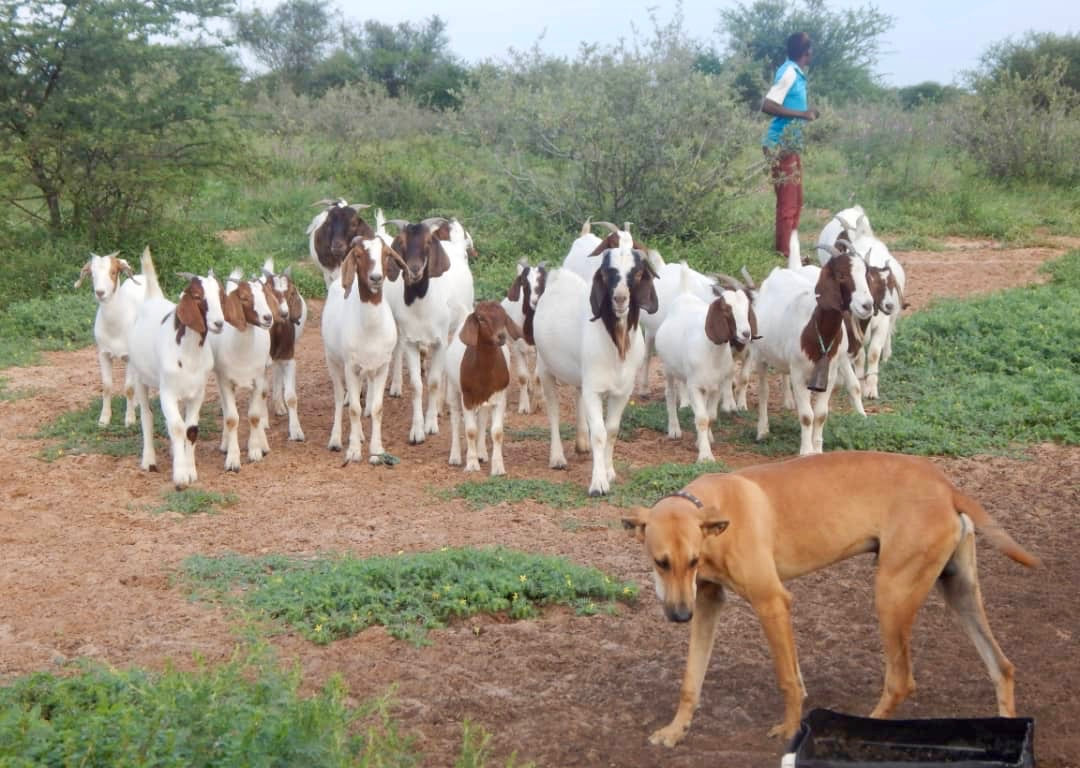
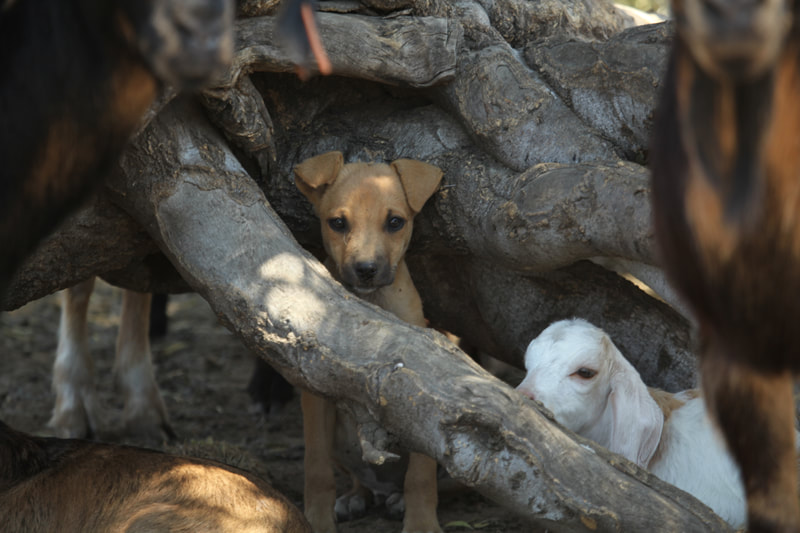
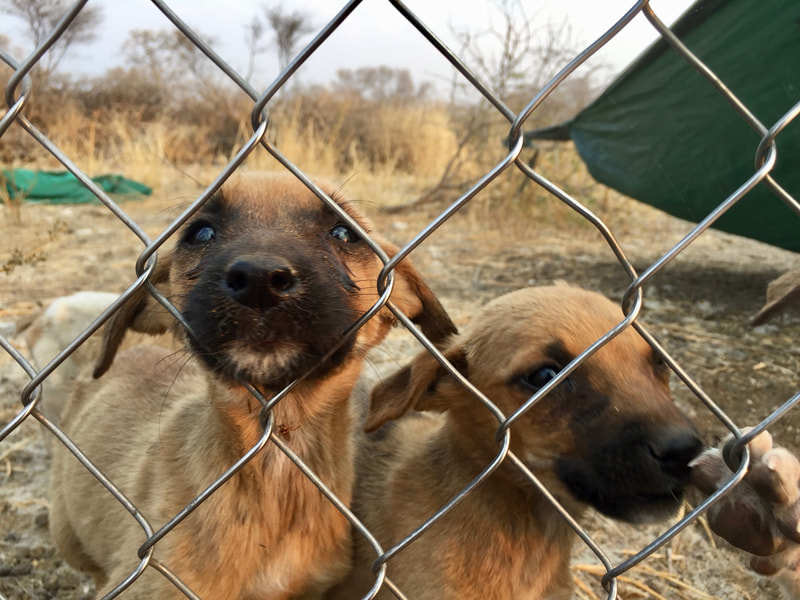
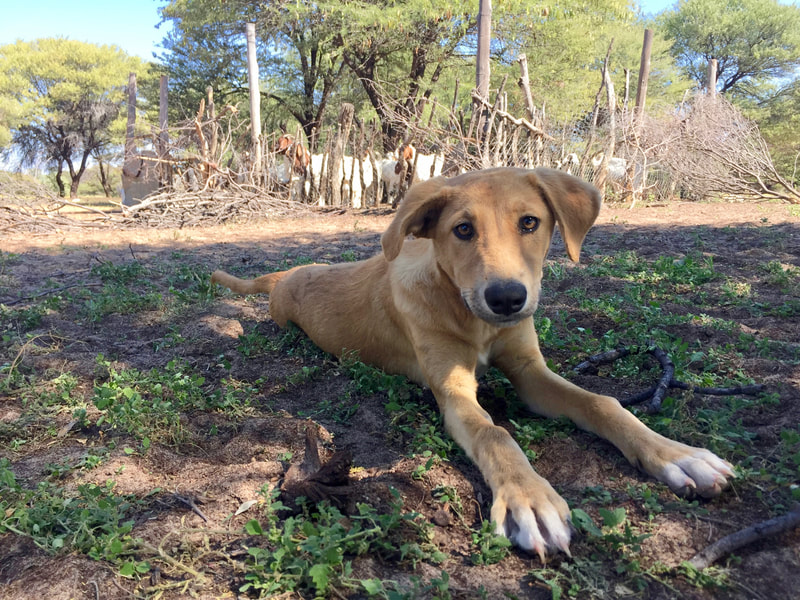
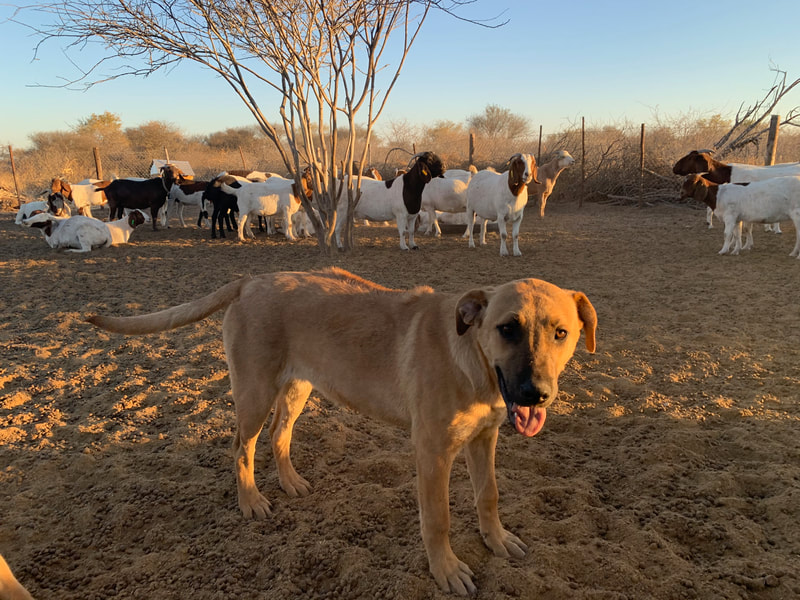
 RSS Feed
RSS Feed
